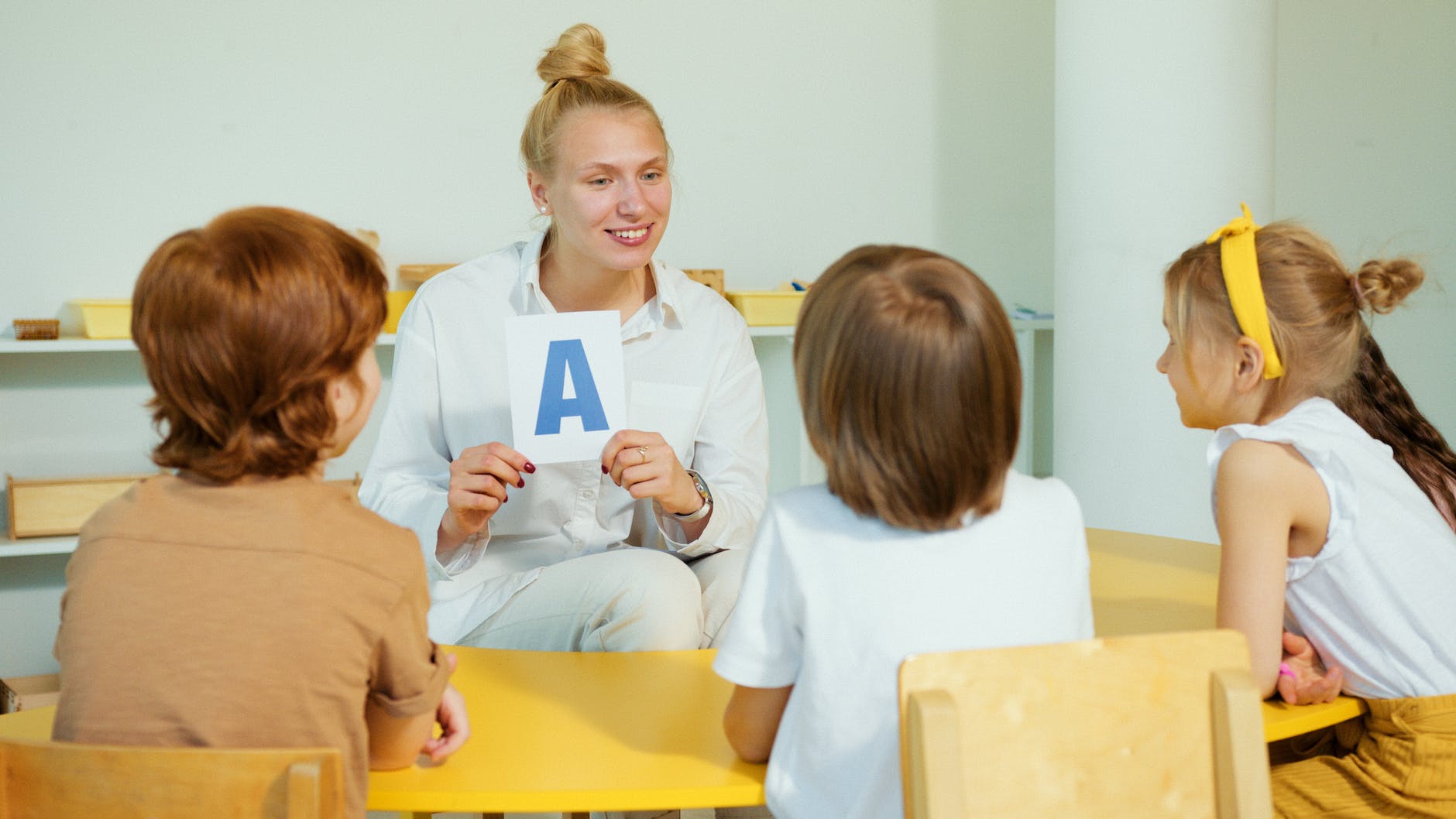Why do we need to assess Learning?
Once we know how people learn, now it is time to focus on how we can assess if they actually learn a specific content. How can we measure learning?
Ellen Watson made an interesting difference between Evaluation and Assessment:
- Assessment is used to understand the state or condition of learning. The assessment is how well the student has learned the concept.
- Evaluation is used to judge the learning that has occurred. The evaluation is whether a student is correct.
Improving student learning is the primary goal of assessments.
Types of Assessments
Types of Assessments by Pilar GonzálezLearning Models
Now I will explain the different Learning Models: Experiential Learning, Project-Based Learning and Gamification.
Learning Models by Pilar GonzálezExample Learning Activity
What Learning Model did I pick?
I am going to use the Experiential Learning Model to describe a learning experience that I recently developed as an Instructional Coach with one of my teachers.
What is the Learning Scenario?
I coach an Early Childhood Education Teacher that recently joined the team and needed support with the implementation of a new curriculum: Tools of the Mind. The teacher wanted to learn the Play Plan component, where the students start to develop writing skills and decide in what Learning Center will play that day.
As an Instructional coach, I incorporated the Experiential Learning stages in the coaching cycle:
- Active experimentation: We reviewed the materials and components of the lesson plan and discuss the learning objectives. I used the role-playing strategy pretending to be the teacher, and the techer pretended to be the student.
- Concrete experience: Teacher practiced the skill by her own first, then I modeled the same lesson with the students, and she recorded me facilitating the lesson.
- Reflective observation: The teacher watched the video and her notes and decided what elements she wanted to introduce in her teaching practice.
- Abstract conceptualization: The teacher facilitated the lesson again with the students and I observed the lesson. Then, during our coaching conversation, I facilitated feedback with glows and grows so she was aware of the skills gained during this practice.

What assessment did I use?
One of the Formative assessments that I practice as an Instructional Coach is the Learning Lab.
In the Learning Labs, teachers visit other classrooms and take notes about a specific component or skill while a different teacher is facilitating it. As the Instructional coach, I am present during the observation and I guide the feedback and discussion with all the teachers in a following meeting.
It is a Formative assessment because it allows teachers to adjust their instruction in the moment and also involves discussion and peer-evaluation. Finally, not grade or evaluation is necessary.
What Authentic assessment could I include in this Learning Scenario?
The Learning Labs that I just described could be considered as an Authentic Assessment since the teachers are using role-playing to practice and the learning goals are directly aligned with their real-world context, their job as an ECE educator.
The ECE team could also incorporate a case-study to dive into the new curriculum. They can focus in one aspect of the curriculum, for example Literacy, and research different school and teachers that have been using the same curriculum with Literacy with excellent results.
Once they decide the learning objective and the teacher that they want to follow, we can schedule observation, group discussions and Professional Development training to support with the new skills they want to incorporate in their teaching practice.

What are the connections to the Learning Theories?
- Andragogy: Since I work with adults, I incorporated some of the Knowles principles in my coaching practice. In this learning scenario I activated the previous learning and experience of the teacher and I used a problem orientation approached.
- Experiential Learning Model connects with Andragogy Learning Theory because both of them have an immediate application of the learning and it is connected with the adults’ real-world.
- Social Constructivism (Vygotsky): I used Cooperative Learning in the Learning Labs inviting all the ECE teachers in the discussion and feedback meeting.
- Although Experiential Learning does not required the social component, some of its characteristics are similar to Social Constructivism such as interaction with the learning and connections with reflective approach and active participation.
- Cognitivism: I took in consideration the Zone of Proximal Development of my teacher, creating the appropriate scaffolding through modeling and role-playing.
- Experiential Learning is connected with the ZPD because the last of its stages is abstract conceptualization, and to get there, the learner needs to have first an active experimentation and reflective observation, and both should occur in the ZPD.